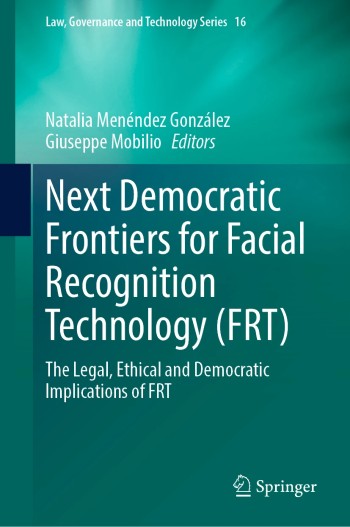
This book focuses on facial recognition technology (FRT) and sheds light on previously unexplored aspects that involve systematic legal issues concerning its regulation, the protection of rights and freedoms, the preservation of democracy and the rule of law. FRT employs cutting-edge AI systems capable of processing biometric data for identification, verification and categorization purposes. Although there have been huge strides in the research and development of these systems in the last few decades and computer scientists are following and supporting this evolution, legal scholars have only been investigating the implications for fundamental rights for the past few years. The introduction of new regulations (especially the European Union AI Act) have turned the debate on its head, putting FRT in the spotlight. However, there are still certain aspects that have not yet been explored but will be crucial in the coming years for the democratic, social, technical, ethical, and legal acceptance of this technology.
The contributions gathered here address various legal approaches to FRT that are emerging at the global level. In this regard, they particularly examine how the distinction between private and public entities’ use of – and consequently also their respective rules on – FRT is becoming increasingly unclear, as some of the latest cases show. Other chapters highlight some of the most challenging and controversial aspects of deploying FRT for specific purposes, such as emotion recognition, and in highly complex contexts, such as smart cities. Furthermore, the papers focus on legal issues stemming from the most recent proposals at the EU level, namely those regarding AI and cybersecurity.